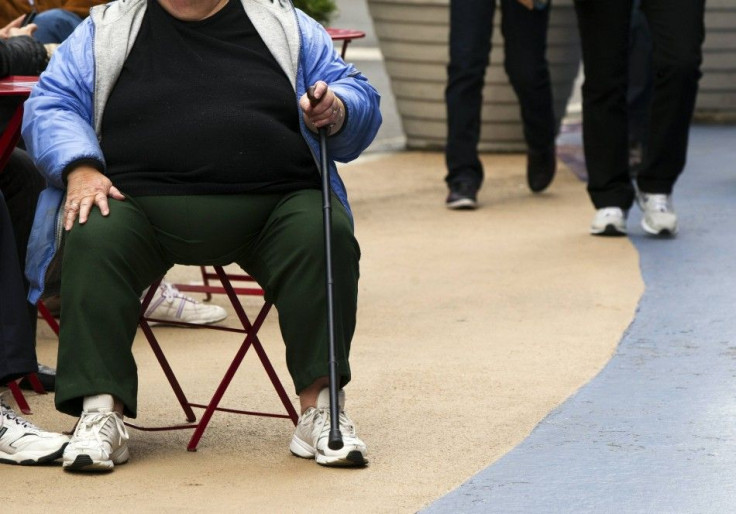Obesity Pills Could Be A Substitute For Treadmills

Scientists from the Harvard Stem Cell Institute at Harvard and Massachusetts General Hospital have claimed that they have identified an obesity pill that could help transform "bad" fat to "good" fat. They said that the pill could help many people lose weight as well as reduce the risk of type 2 diabetes, heart disease and cancer.
According to the Daily Mail, the team of researchers said that the pill could help reduce the chances of a person developing type 2 diabetes or any other conditions relating to build-up of mass. The scientists felt that the discovery was their first towards a pill replacing the treadmill. They believe that they have made a breakthrough for fighting against obesity.
The scientists have found two compounds or molecules that can turn the "bad fat" or white fat, which is the fat that are accumulated by adults when they eat too many calories and don't burn it off, to "good fat" or brown-like fat cells. The brown fat cells help in burning down the excess energy, resulting in the reduction of the size as well as the number of the white cells.
Chad Cowan, associate professor at Harvard, said that they were impressed with the fact that there were some compounds that had this kind of effect when administered to animals, but as soon as it was removed from them, the effect went away. He explained that the new compounds discovered had a stable conversion of the white cells to brown.
One of the two molecules that have been identified has been approved for the treatment of rheumatoid arthritis, but the scientists have put out a warning that the pill was in some way off. The compound have the potential to damage the immune system, they said.
The team went through almost 1,000 compounds to find the perfect two. A typical library at a pharmaceutical company is said to have over 1.5 million compounds, so the team suggested that there could be similar compounds as well.
Cowan said that a German team was testing the compounds on mice, and that they were expecting the results soon. The compounds looked like they worked the same in mice as well, but they were unsure of the long-term effects on the metabolic and immune system.
Through another research by Imperial College in London, an enzyme called glucokinase was identified that drove the craving for sugar. The researchers said that glucokinase could help develop a drug to fight obesity, reported Design and Trend.




















